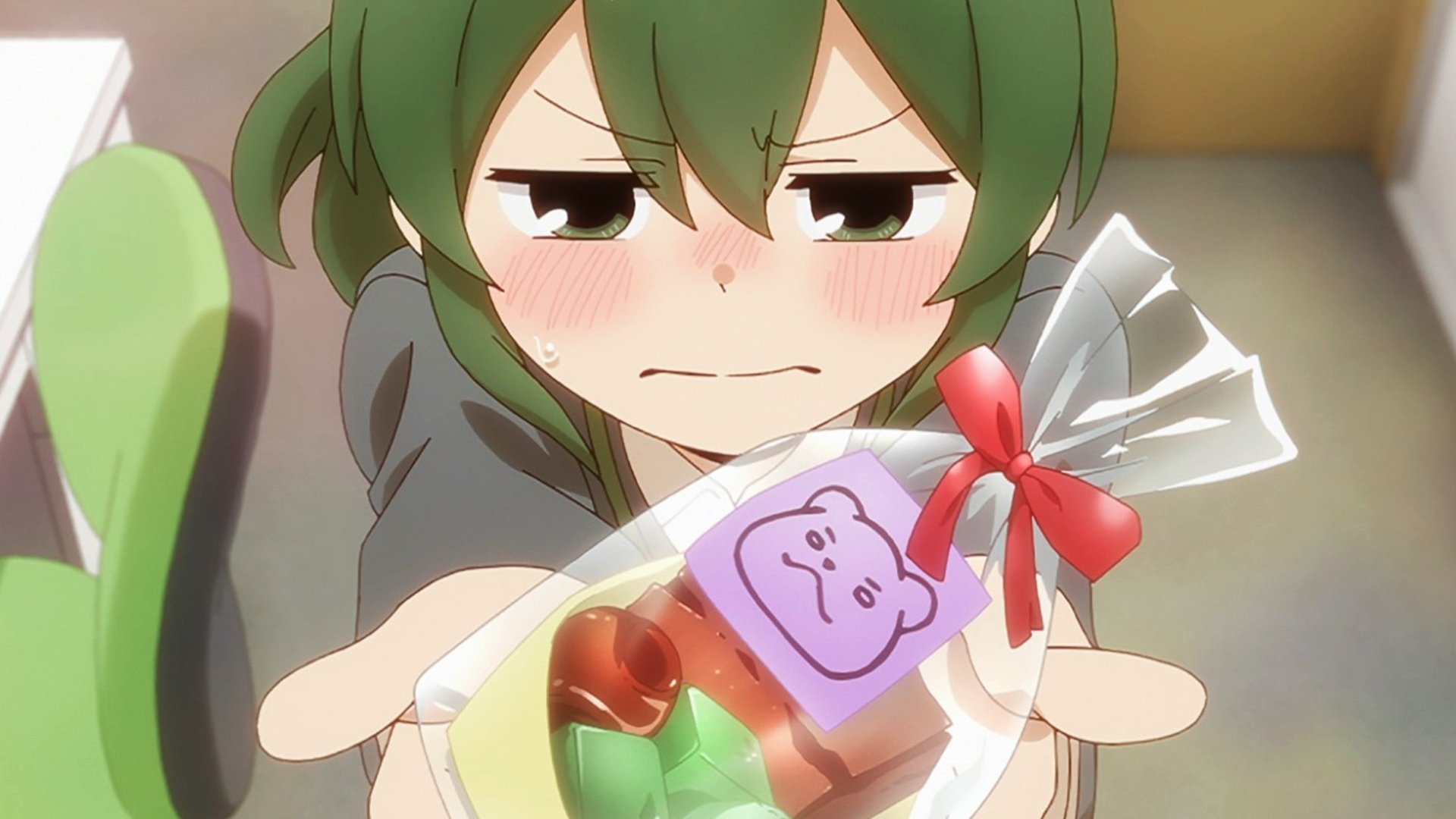In recent years, there has been a gradual movement in society to rethink the Valentine’s Day in Japan. The popular presenter Ayaka Hironaka is one of the people who share this opinion. In an interview, she stated that “mandatory chocolates should be abolished” and “Valentine’s Day is the day I most wish would be erased from the calendar.“.

Because? He first talked about the discomfort he feels about Valentine’s Day in this way. For example, you don’t see any problem in the fact that it is an opportunity to give chocolates or gifts to the person you love. However, she wonders why it has become a “custom” for women to give obligatory gifts to all men as a way of expressing their gratitude.
When she herself worked at a radio and television station, she had the experience of having to give chocolates to more than 100 people due to the large number of staff members. His long-standing doubts about Valentine’s Day have continued ever since. In your opinion, both genders are important at work, so why are only women obliged to reward men with chocolates?
If it is just a gesture, like the “giri-choco (obligation chocolate)”, joy is never as great for the one who gives as for the one who receivesand in his experience, when he sees the reactions of those who receive giri-chocosome are not so happy, and there are really many cases in which there is no return on the White Day. Noticing this, Ayaka Hironaka believes that no one benefits from this tradition, and believes that it should be abolished as soon as possible. However, despite this ideology, she has not been able to stop giving chocolates out of obligation at work, especially due to the social pressure that all other women continue to do so.
Giri-choco, which translates to “obligation chocolate,” is a custom where many women feel pressure to give chocolates to all their male coworkers., except when the day falls on a Sunday or a holiday. This practice, although common, is increasingly criticized and questioned for its mandatory and unequal nature. Today, many women question why this one-way rule exists and believe it should be eliminated to encourage a more equitable and meaningful celebration of love and friendship.
And of course, this whole movement did not go unnoticed on social networks:
- «But anyone who lives or has lived in Japan will tell you that the relationship between the marketing and social pressure of Valentine’s Day and White Day is 99:1. Department stores focus on the Valentine’s “Fair” and White Day barely has a sign posted at the entrance».
- «As if that were not enough, White Day is limited to boys returning the favor to the women who gave them chocolates. So no chocolates on Valentine’s Day = zero obligation to give anything to women. But Valentine’s Day women are expected to give chocolates to everyone. The money spent is on another level».
- «Some stores have started to bring out “white day chocolate” but the assortment is very limited and not as pretty compared to what they bring out on Valentine’s Day. I see why now girls give their friends and themselves nice chocolate and their partners cheap things.».
- «It’s also quite asymmetrical, since boys only have to give back to those who gave them something, while girls have to give to a lot more people (or at least think a lot more about who they give something to).».
- «It’s a shame that one of the few Western parties where men make positive gestures towards women becomes another opportunity to get work from them.».
- «I have never understood it. In the West, much of the romantic and Valentine’s gift burden falls on men, while it is still taboo for women to make love confessions. But Valentine’s Day in Japan turns the tables».
- «Oh no, this sucks. The anime lied to me».
- «Indeed. An unfortunately undervalued observation about how reality currently works».
- «No woman is expected to do anything in the modern workplace, especially in this generation. Yesterday there was no chocolate and no one said anything at work. Advertisements aim to force you to do things to make a profit. Society does not force you».
- «Maybe my environment is more open-minded, but I don’t see anyone worried about this. People limit themselves to giving gifts to friends and even colleagues. I also see that they give it more to girls than to boys. Now that we talk about Japanese department stores. There is a serious lack of men’s toilets».
- «I’ve always wondered if it would be weird for a guy to hand out chocolates to girls on Valentine’s Day. Would it seem strange to receive girly chocolate from a guy or would you be pleasantly surprised?».
- «Isn’t it something optional? …. I have never perceived it as a social issue when, after all, it is optional. Unless there are people who feel some kind of social pressure to be forced to deliver chocolate. If that’s the case, you don’t have to join them…».
- «Honestly, as an outsider watching from afar I wondered why it was like this in Japan, while the rest of the world both men and women gave chocolate or gifts on Valentine’s Day. I hate the idea of changing to be like everyone else, but this is an exception».
Fountain: Unseen Japan
